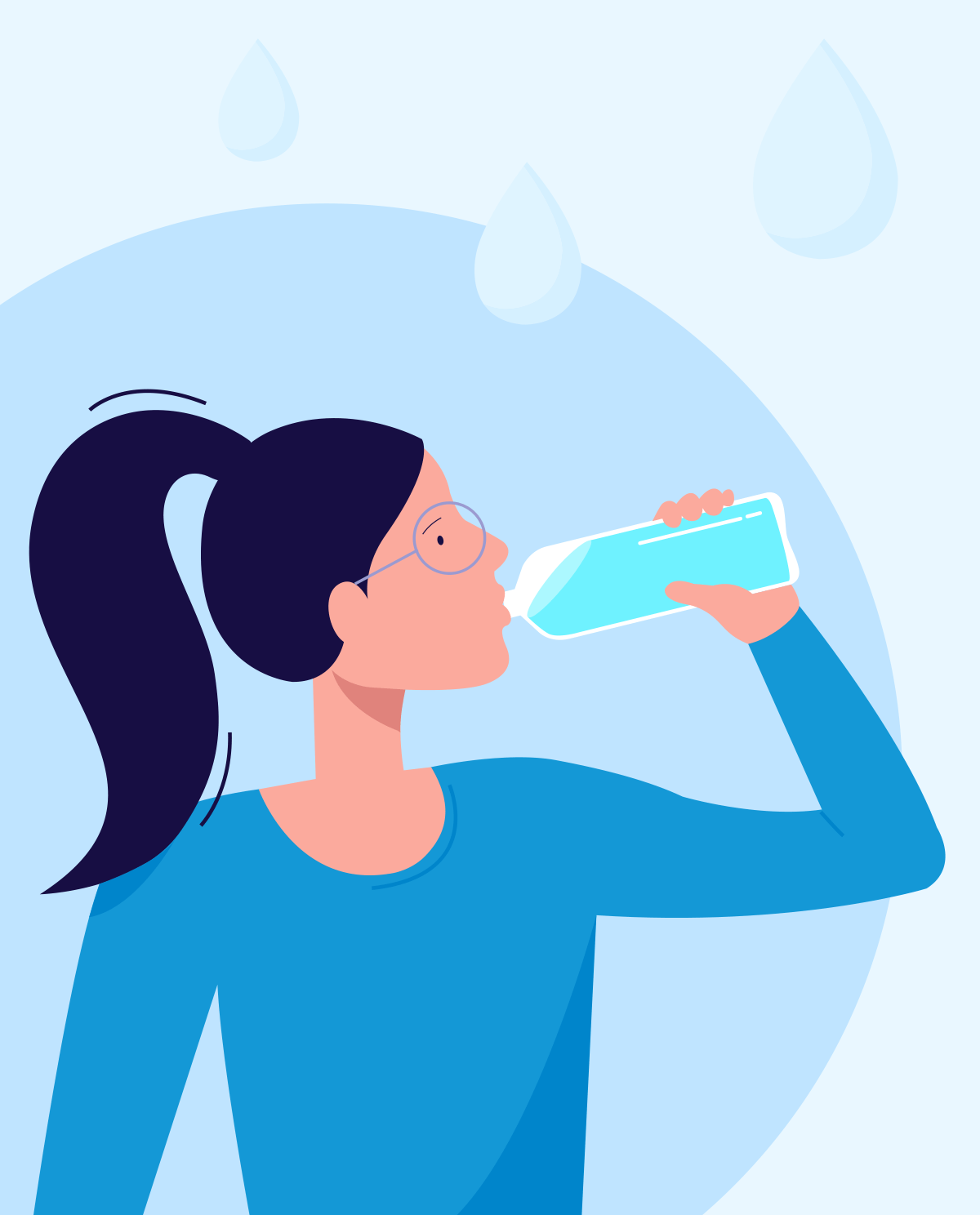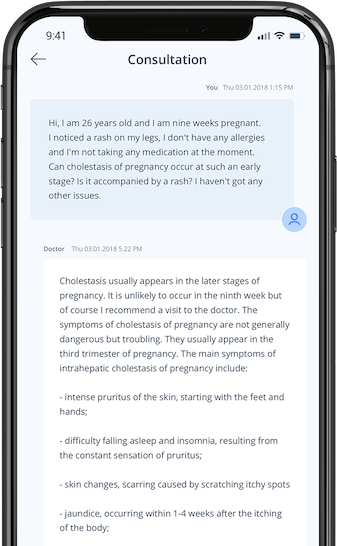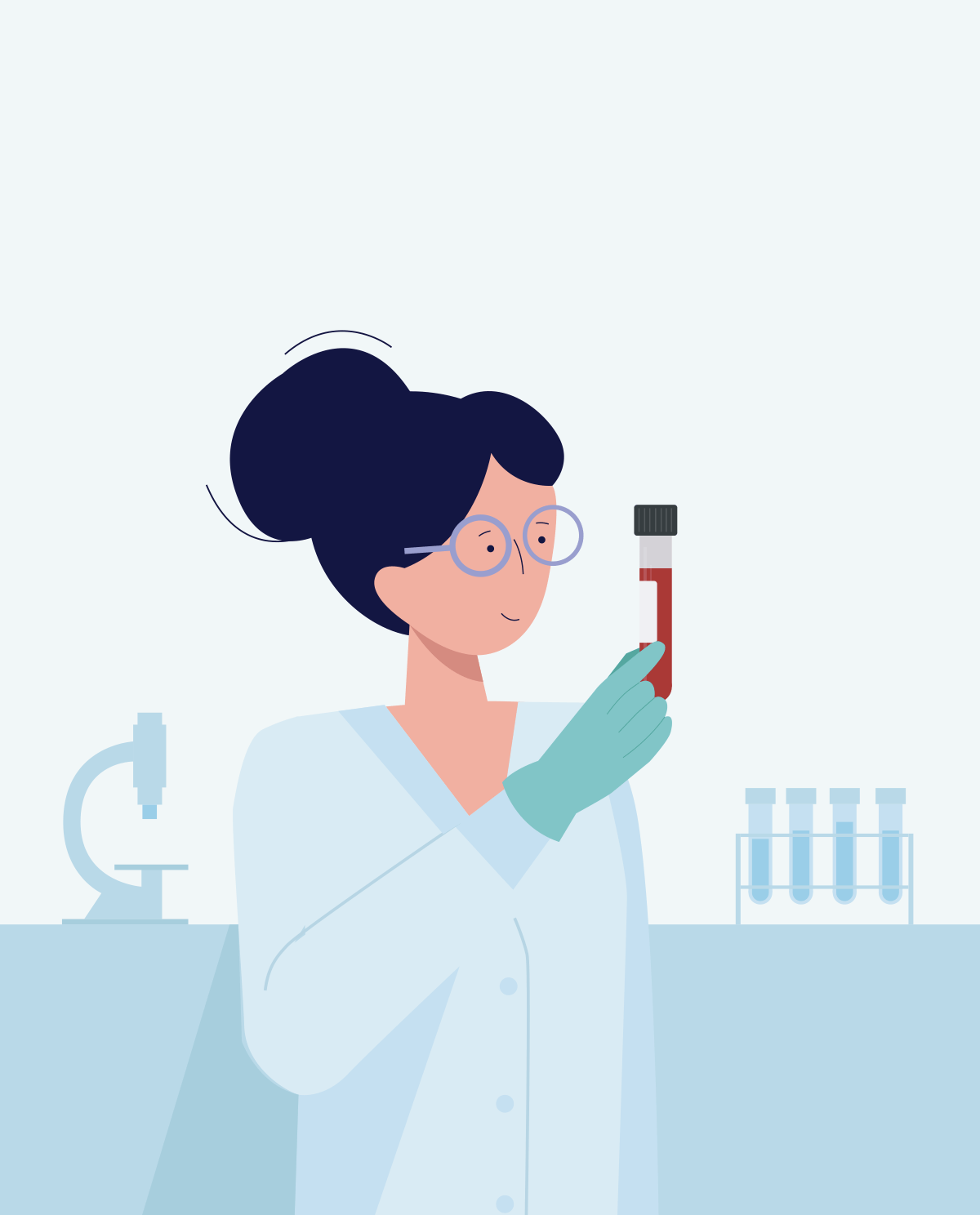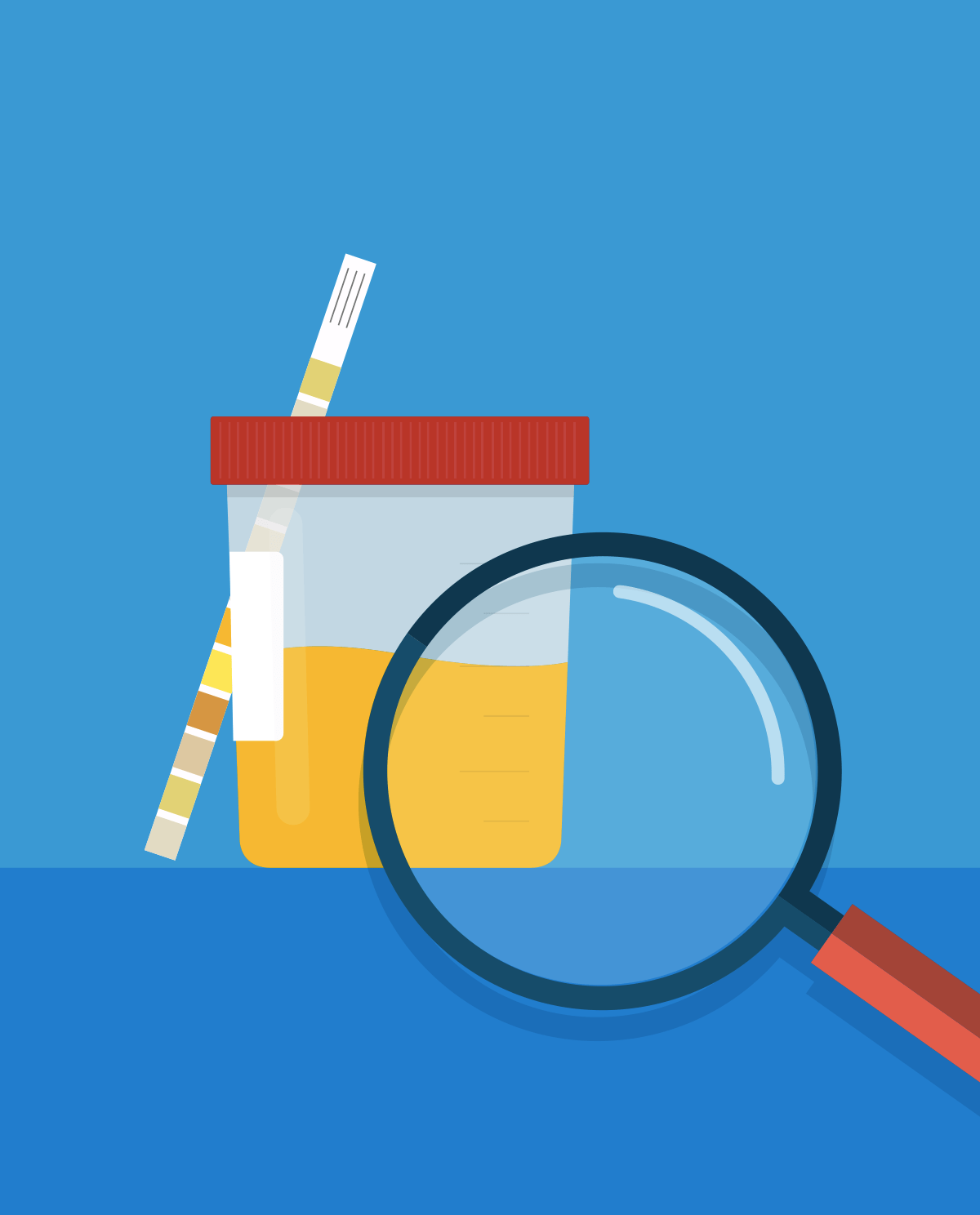How much water should an adult drink per day?
The recommended fluid intake by the European Food Safety Authority (EFSA) is 1.6 liters per day for women and 2 liters for men.
Equally important is the type of fluid supplied to the body. According to statistics in Poland, as much as 43% of liquids drunk during the day are hot drinks, such as coffee and tea, often sweetened. Water accounted for only 28% of the liquids drunk. Meanwhile, experts recommend that water should constitute 60-80% of all liquids drunk.
However, the recommendations given by EFSA should be corrected taking into account our body weight, type of work, physical exercises or the climate in which we live. It is assumed that adults should provide 30-35ml of fluid for every kilogram of body weight. Calculators can be helpful in determining the amount of liquid your body requires, this one can calculate a suggested daily water intake.
Pregnant and lactating women should also drink more water. For pregnant women, the need for liquids increases by about 300 ml, while breastfeeding women should drink up to 600-800 ml more. Particularly recommended water in these groups is the low-mineralized and low-sodium water containing as little sulfur as possible.
| Degree of water mineralization | Mineral content |
|---|---|
| Low mineralized | up to 500 mg/l |
| Medium mineralized | from 500 to 1500 mg/l |
| Highly mineralized | about 1500 mg/l |
Which kind of water should you choose?
In the daily diet, it is usually recommended to consume medium mineralized waters that do not affect the body's water and electrolyte balance. From time to time, it is possible to supplement any deficiencies of microelements, such as calcium or magnesium, with the help of highly mineralized water.
It is also worth paying attention to anything marketed as 'healthy' water, which due to the particularly high content of minerals, in the case of a healthy person are rather unsuitable for everyday drinking. They are most often used for various types of disease entities associated with the urinary system.
Another important aspect, which often escapes our attention, is spring water, which, unfortunately, does not bring much benefit, due to providing the body with only pure water, without micronutrients.
Water with a similar composition to the spring water is tap water, which can be drunk without fear, being the cheapest of the possible options. Due to the lack of trace elements, it is good to improve the quality of tap water using a mineralizer and activated carbon filters.
Water and babies
The topic of giving water to babies remains controversial. Mothers are still met with the opinions of their loved ones and even with the recommendations of some doctors and midwives. Currently, it is recommended worldwide that the only source of fluid for infants up to 6 months of age is breast milk or modified milk. Giving a baby too much water can cause an inability to absorb nutrients or even water intoxication.
How much fluid should we give to children?
Water is the best way to satisfy thirst for both adults and children. It is especially important for children to get used to drinking clean water, because it allows them to shape healthy eating habits. Low-mineral water, without the addition of flavors and sugar, is the healthiest choice. Avoid beverages containing caffeine as well as juices and sugared waters.
The demand for water depends mainly on a child's weight. It should be noted that children of the same age may have different body weights. It is important to remember that the need for fluids increases with increased losses (e.g. fever, diarrhea, vomiting, intense sweating, etc.). To check how much water your child needs, you can use a calculator that calculates the dose depending on body weight.
- Internal Szczeklik 2018 Internal Medicine Handbook, Authors: Piotr Gajewski, Andrzej Szczeklik Publisher: Medycyna Praktyczna
- http://www.mp.pl
- https://www.mp.pl/pacjent
- https://1000dni.pl/narzedzia/kalkulator-zapotrzebowania-na-wode
- https://www.mp.pl/pacjent/pediatria/lista/70761,zapotrzebowanie-na-plyny-u-dzieci
- https://www.mp.pl/pacjent/dieta/zasady/107898,jaka-wode-pic
- https://www.mp.pl/pacjent/dieta/aktualnosci/122222,pijemy-wciaz-za-malo
- https://goodcalculators.com/water-intake-calculator/
- https://www.facebook.com/322709675317915/posts/322787418643474/
- https://michalwrzosek.pl/dieta/jaka-wode-pic
- http://www.wodadlazdrowia.pl/pl/225/0/wody-sredniozmineralizowane.html









